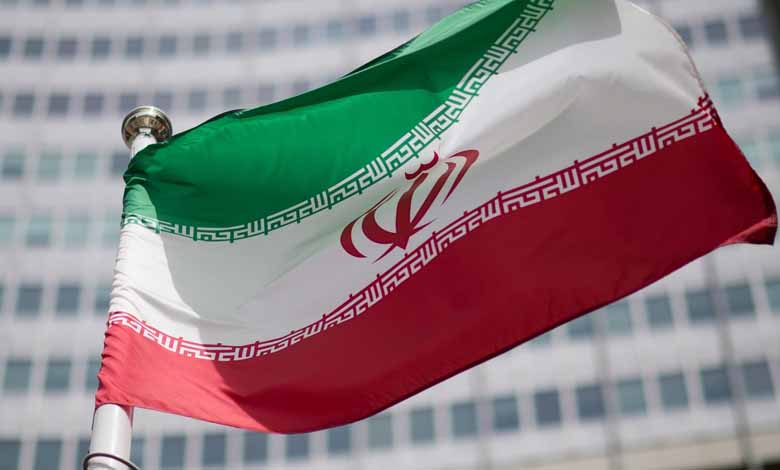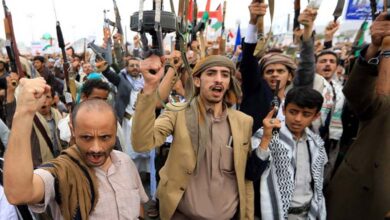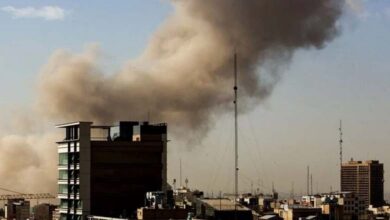Iran ignores the crimes of its militias in the Arab world… and sends message to the Islamic countries

After years of military intervention in the affairs of a number of Arab and Islamic countries through the arms of militias, the Chief of General Staff of the Iranian Armed Forces, Major General Mohammad Baqeri, announced his country’s readiness to develop defense and military cooperation with Islamic countries.
Iran’s armed forces are ready to develop defense and military co-operation with Islamic countries, Baqeri was quoted as saying by the IRNA news agency on the occasion of the Prophet’s Day.
In separate messages to senior military leaders in Muslim countries, Baqeri expressed hope that through the enlightened approach and teachings of the Holy Quran and the great Prophet of Islam, the Muslim world will witness more peace, love and friendship.
Iran’s relations with the Arab and Muslim world are tense, against the backdrop of Iran’s ongoing attempts to expand its influence in Arab states through armed militias.
Baqeri’s statement comes about 10 days after Saudi Foreign Minister Prince Faisal bin Farhan, on the sidelines of his participation in the Munich Security Conference, announced that Saudi Arabia is looking forward to holding the 5th round of talks with Iran, despite the lack of substantive progress in previous rounds. There are several things that can be discussed with Iran if it wants de-escalation in the region.
On the Iranian nuclear issue, Farhan said: If the 2015 nuclear deal is revived, it should be “a starting point, not an end”, to address concerns in the region, he said, adding that Riyadh was still interested in talks with Iran. He continued: “It will indeed require our neighbors in Iran to seriously want to address the core issues that exist…We hope there will be a serious desire to find a new way of working. If we see substantive progress on these files, then, yes, convergence is possible, so far we have not seen it”.
Saudi Arabia and Iran, which severed ties in 2016, began talks last year hosted by Iraq as world powers sought to salvage a nuclear deal with Tehran that Gulf States considered flawed for not addressing Iran’s missile program and its network of proxies.
Tensions between the two countries escalated in 2019 after an attack on Saudi oil facilities, which Riyadh blamed on Iran, an accusation Tehran denies, and tensions remain high in Yemen, where a Saudi-led coalition is also fighting the Iran-allied Houthi group.











